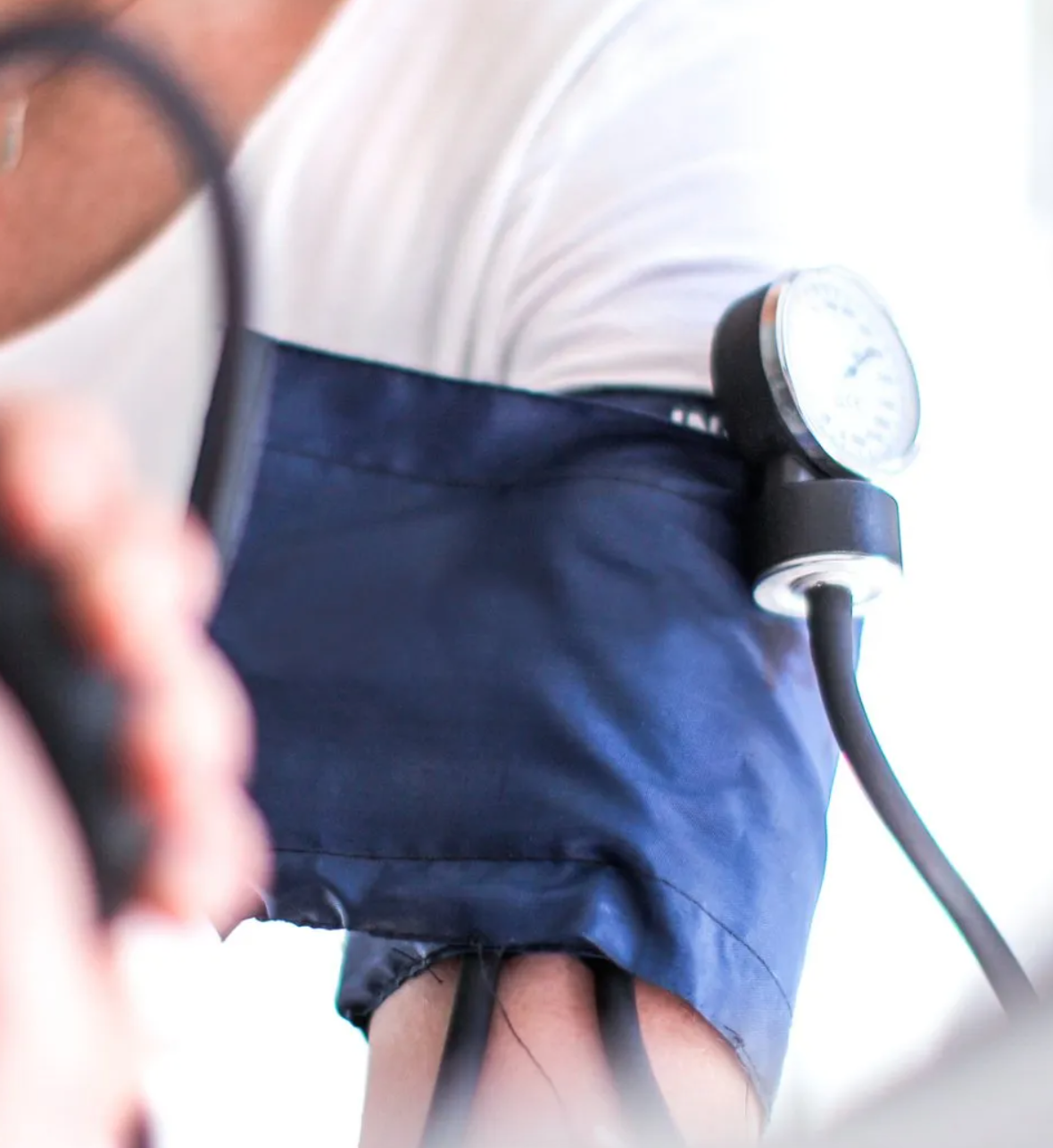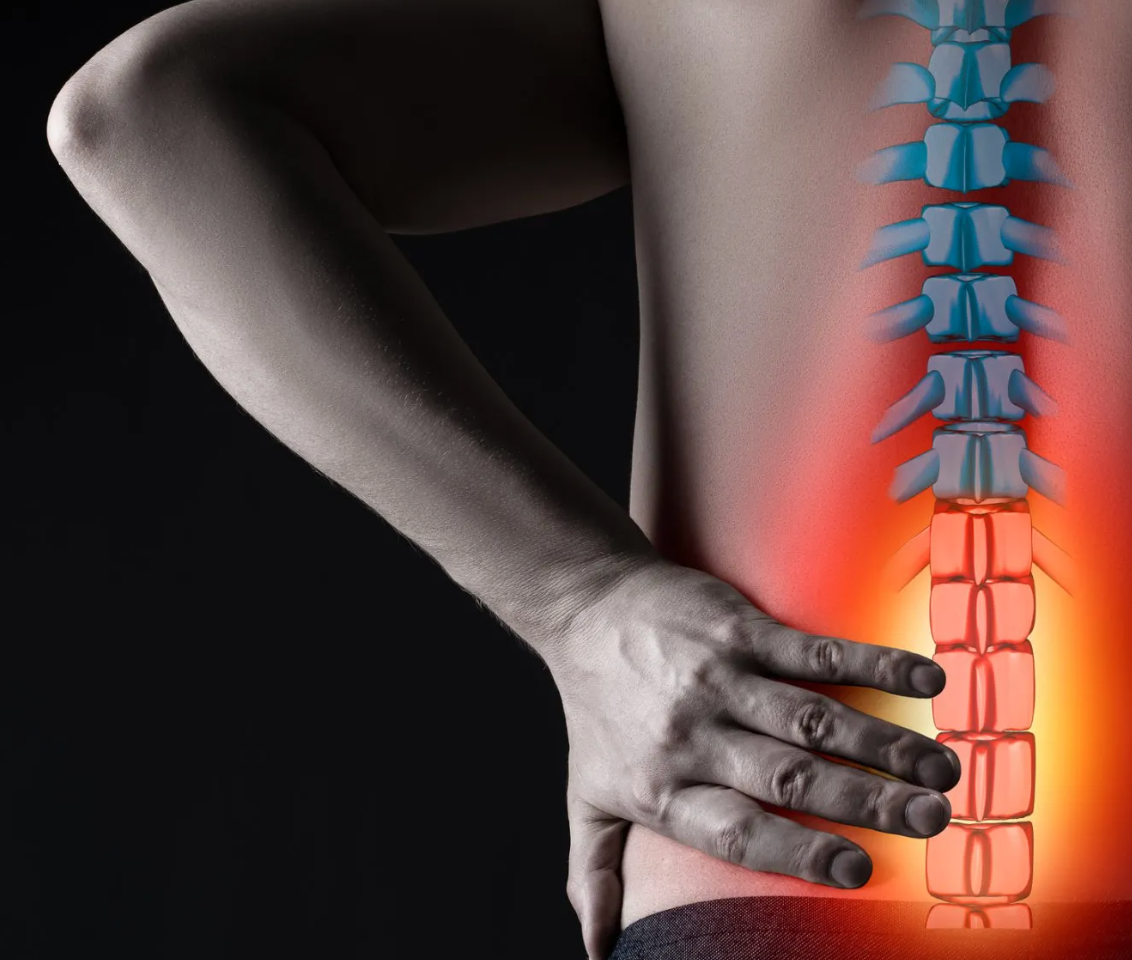Pneumonia
Pneumonia is an infection that inflames the air sacs of your lungs. The air sacs fill with fluid causing cough, fever, and chills. Depending on your age and overall health condition, pneumonia can range in severity from mild to life-threatening.
Symptoms and indications of pneumonia can include:
Cough with Phlegm
Fever
Chills
Fatigue
Difficulty Breathing
Nausea
Vomiting of Diarrhea
Diabetes
Diabetes involves a group of diseases that affect how your body processes blood sugar. Blood sugar, also known as glucose, is essential for cells that make up your muscles, tissues, and brainpower. Different medical factors and diet issues can lead to diabetes due to excessive sugar in your blood, leading to serious health problems.
Symptoms and indications of diabetes include:
Unexplained Weight loss
Vision Changes
Frequent Urination
Tired and Fatigued
Increase in Thirst
Skin Sores and Infections
High Blood Pressure
High Blood Pressure is a condition in which over time the continual force of the blood against your artery walls is strong enough that it may lead to cause health problems including heart disease. Blood pressure is measured by the amount of blood your heart pumps along with the amount of resistance to blood flow in your arteries.
Systolic pressure measures the pressure in your arteries when your heart beats. This the first or upper number on blood pressure readings.Diastolic pressure measures the pressure in your arteries between beats. This is the second or lower number on blood pressure readings.
Symptoms and indications of high blood pressure include:
Shortness of Breath
Headaches
However, with high blood pressure, many times, there are no signs at all until the condition is severe. That is why it is so important to have routine physician visits and check it from time to time on a system at home, or many pharmacies have stations that allow you to check it for free.
Urinary Incontinence
Urinary Incontinence or the loss of bladder control is a common condition, especially as we age, but other factors can also contribute to it as well. This condition can range from minor urine leaks to frequent levels that affect your quality of life. If you feel uncomfortable about it, it would be best to visit your physician to find out about treatment options.
Causes and risk factors of urinary incontinence include:
Diet
Urinary Tract Infections
Age
Pregnancy & Childbirth
Smoking
Hereditary
Gender
Other Health Conditions
Sciatica
Sciatica is a condition in which pain follows the path of the sciatic nerve. This path branches from your lower back down through your hips and down each leg. Most patients notice this in one leg. This condition can be caused by bone spurs, herniated disk, or narrowing of the spine, which can all cause inflammation and pain.
Causes and risk factors include:
Weight
Posture or Sitting Position
Age
Heavy Lifting
Other Health Conditions such as Diabetes






